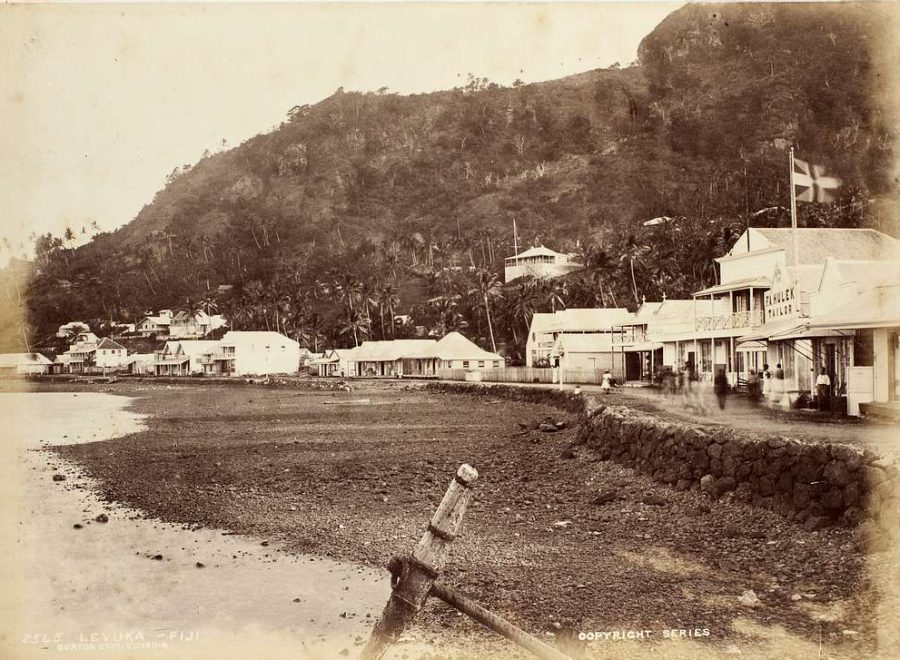What are the Religions in Fiji?
Fiji is a multiracial and multicultural nation where a mix of the major religions around the world are represented. Visitors to Fiji will see Christian churches, mosques, as well as Hindu and Sikh temples. Religion in Fiji is mostly split between ethnicities, such as the indigenous Fijians, who are mostly Christians, while the Indo-Fijians are either Hindu or Muslim. Find out more about the religions in Fiji and how you experience them as a visitor in this guide to the Fiji religions.
Table of Contents
A (Quick) History of the Religions in Fiji
Before the 17th Century, indigenous Fijians had a traditional religion based on ancestor worship. For instance, a good warrior would become a god of war after death, or a productive farmer might have become the god of plenty. There was a strong belief in the afterlife, where worshippers would appease the gods through initiation ceremonies, mutilation rituals and sacrifices.
From the 1830s onwards, the first missionaries gradually brought Christianity, which now represents the main religion of almost all the indigenous Fijian population today.
The arrival of indentured Indian labourers, starting in 1878, brought religions like Hinduism, Islam and Sikhism to Fiji.
Learn more about the history of Fiji in A Brief History of Fiji.
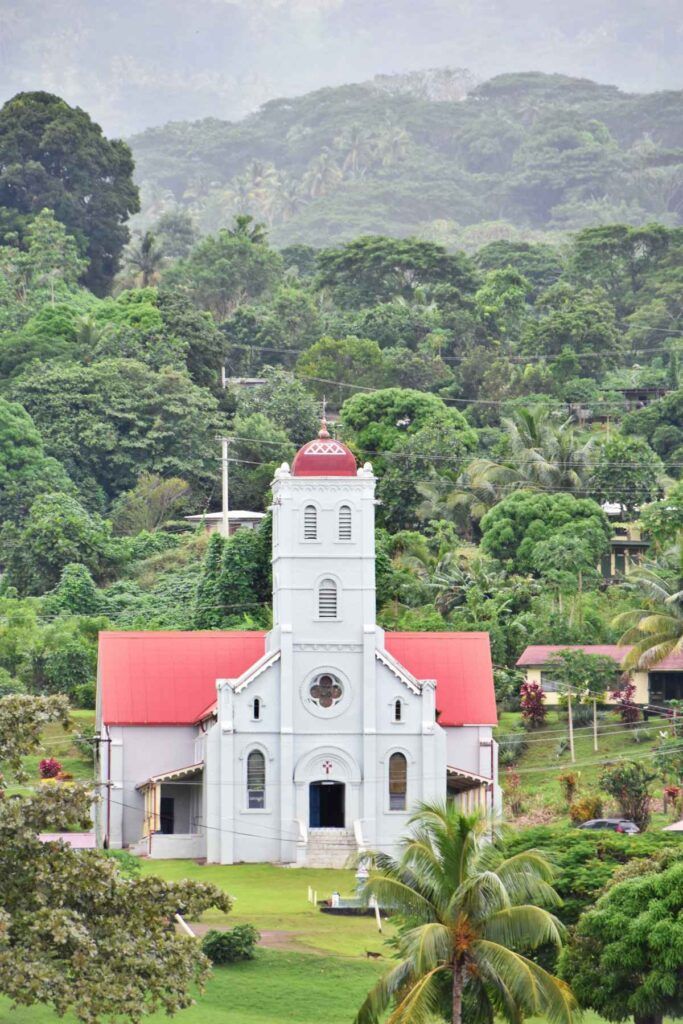 © FijiPocketGuide.com
© FijiPocketGuide.comChristianity in Fiji
The religion most represented in Fiji is Christianity. Around 65% of Fiji’s population is part of one of the Christian denominations. Almost all indigenous Fijians practice the Christian religion, where going to Sunday mass is an integral part of Fijian life.
Where to Experience Christianity in Fiji as a Tourist
Visitors to Fiji are welcome to join Sunday worship in churches across the islands. Churches are found in all towns and cities, as well as most villages. For the visitor, going to a Fijian church is an experience of listening to the powerful harmonies sung by the locals and enjoying the peaceful setting.
Note that anyone attending a church in Fiji needs to dress respectfully, cover their legs below the knees, cover their shoulders, and preferably wear smart-to-smart-casual attire. Think your Sunday best!
Christmas and Easter are also great times to be in Fiji and witness celebrations of these holidays by the Fijian people. Learn more about them in Where to Spend Christmas in Fiji and The Guide to Easter in Fiji.
Christian Denominations Represented in Fiji
These are the main Christian denominations found in Fiji in order of popularity:
- Wesleyan
- Roman Catholic
- Assemblies of God
- Seventh-day Adventist
- Anglican
- Jehovah’s Witness
- CMF (Every Home)
- Latter-Day Saints
- Apostolic
- Gospel
- Baptist
- Salvation Army
- Presbyterian
Around 2.5% of the population belongs to other denominations not stated here.
 © FijiPocketGuide.com
© FijiPocketGuide.comHinduism and Islam
Other sizable religions represented in Fiji include Hinduism and Islam. Most of the Indo-Fijian population are either Hindus or Muslims, the majority being Hindu.
Where to Experience Hinduism and Islam in Fiji as a Tourist
Visitors to Fiji will have the opportunity to see Hindu temples and Muslim mosques in the main towns and cities across Fiji. The main drawcard for visiting the temples is often the vibrant facades and interiors, boasting impressive forms of architecture. Some must-see Hindu temples in Fiji include the Sri Siva Subramanya Swami Temple in Nadi and the Naag Mandir Temple in Labasa.
There are also religious celebrations worth looking out for when travelling to Fiji, including the Diwali festival and the Prophet Mohammed’s Birthday. Learn more about the events and when they are in The Top Events & Festivals in Fiji.
Hindu Denominations Represented in Fiji
Hindus in Fiji worship in the following denominations in order of popularity:
- Sanatani
- Arya Samaj
- Kabir Panthi
- Sai Baba
Around 7.5% of the population belongs to other denominations not stated here.
Muslim Denominations Represented in Fiji
Muslims in Fiji worship in the following denominations in order of popularity:
- Sunni Islam
- Ahmadiyya
Around 2.6% of the population belongs to other denominations not stated here.
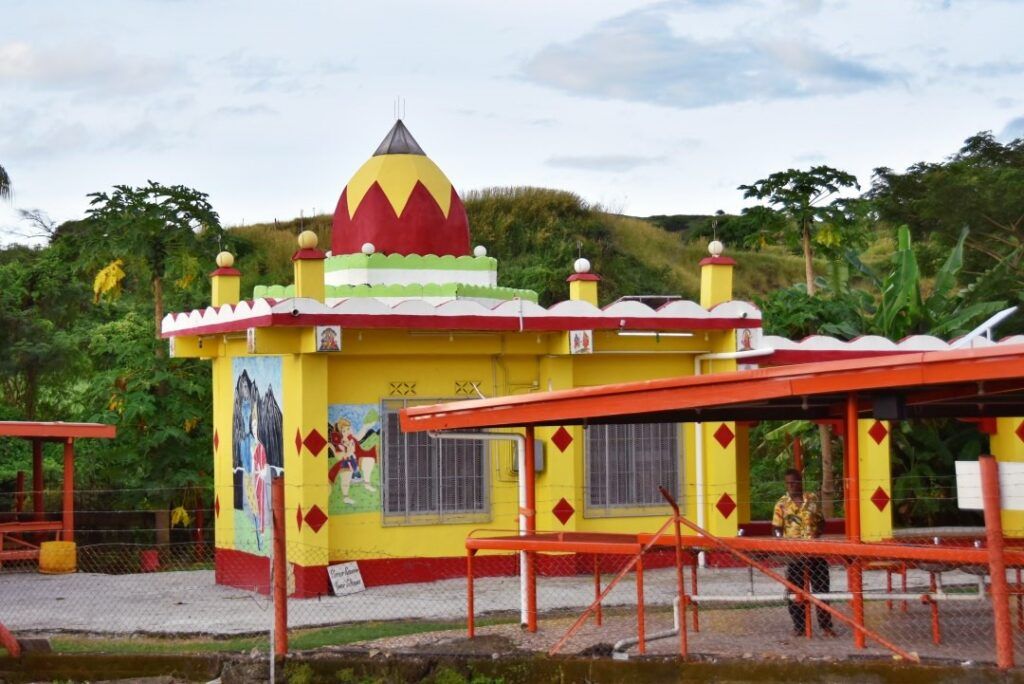 © FijiPocketGuide.com
© FijiPocketGuide.comOther Religions in Fiji
Finally, around 1% of the population of Fiji belongs to a religion other than Christianity, Hinduism and Islam.
A small amount of the Indo-Fijian population are Sikhs, and it’s possible to see Sikh temples (Gurudwara) in Lautoka, Suva, between Ba and Tavua and in Labasa.
Other religions represented in Fiji by small minorities include the Baha’i Faith, where a Baha’i Faith Centre can be found in Suva, as well as Buddhism and Confucianism.
Around 1% of the population in Fiji does not identify with a religion.
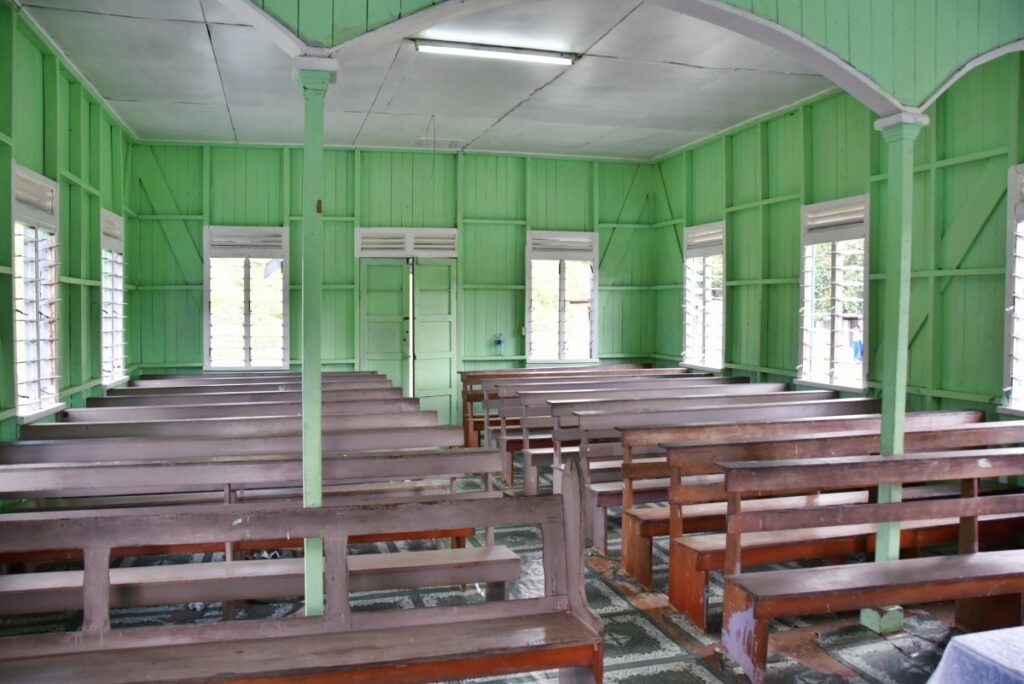 © FijiPocketGuide.com
© FijiPocketGuide.comFAQ About Religions in Fiji
Now that you know about the religious landscape in Fiji, here are the answers to the internet’s frequently asked questions about Fiji’s religions!
What are the major religions of Fiji?
The major religions in Fiji are Christianity, Hinduism, and Islam. Christianity is the dominant religion, with about 65% of the population identifying as Christian. Hinduism is the second-largest religion, followed by about 28% of Fijians, while Islam is practised by around 6% of the population. You’ll find a diverse mix of churches, temples, and mosques throughout the islands. For more information, check out our guide to Fiji’s Cultural Diversity.
Do Fijians believe in God?
Yes, the vast majority of Fijians believe in God. With Christianity being the predominant religion, most Fijians follow a monotheistic faith. However, it’s worth noting that Fiji’s religious landscape is diverse, and beliefs can vary among different communities. You’ll find that faith plays a significant role in daily life here, whether you’re visiting a bustling town or a quiet village. For more information, check out our article on Fijian Culture and Traditions.
What is the fastest-growing religion in Fiji?
While specific growth rates can fluctuate, Islam has been one of the fastest-growing religions in Fiji in recent years. This growth is partly due to conversion and immigration. However, it’s important to note that Christianity and Hinduism still maintain the largest followings in the country. The religious landscape in Fiji is dynamic and continues to evolve.
Is there freedom of religion in Fiji?
Yes, Fiji has freedom of religion. The country’s constitution guarantees religious freedom, and people are free to practise their faith without interference. You’ll see this diversity firsthand as you travel around the islands, with churches, temples, and mosques often coexisting peacefully in the same areas. This religious tolerance is a point of pride for many Fijians.
Why is Fiji so religious?
Fiji’s strong religious character stems from a combination of historical, cultural, and social factors. Religion has been deeply ingrained in Fijian society since pre-colonial times, with traditional beliefs playing a significant role. The arrival of missionaries in the 19th century introduced Christianity, which became widely adopted. Additionally, the influx of indentured labourers from India brought Hinduism and Islam. Today, religion continues to play a central role in community life, providing a sense of identity, moral guidance, and social cohesion. You’ll likely notice how faith influences daily life during your visit. For more information, check out our guide to Fijian History.
How does religion influence Fijian culture?
Religion profoundly influences Fijian culture, shaping social norms, festivals, and daily life. You’ll see this in the prevalence of church attendance, the observance of Sunday as a day of rest, and the importance of religious ceremonies in marking life events. Many Fijian customs, such as the kava ceremony, blend traditional and religious elements. The influence of religion extends to art, music, and even the famous Fijian hospitality. As a visitor, you might be invited to join in religious celebrations or services, offering a unique cultural experience. For more information, check out our article on Fijian Customs and Etiquette.
Are there any unique religious practices in Fiji?
Fiji boasts some fascinating religious practices that blend traditional beliefs with imported faiths. One notable example is fire-walking, practised by some indigenous Fijians. This ritual, which involves walking barefoot over hot coals, has both spiritual and cultural significance. Another unique practice is the harmonious celebration of different religious festivals, such as Diwali and Christmas, by people of various faiths. You might also encounter the tradition of lotu, a time of evening prayer observed in many Fijian villages. These practices contribute to Fiji’s rich cultural tapestry. For more information, check out our guide to Fiji’s Festivals and Events.
More About Religion in Fiji
That’s it for our guide to the religions in Fiji. To learn more about the culture of Fiji, check out our other guides:
- A Traveller’s Guide to Fiji’s Culture
- Who are the People of Fiji?
- Fijian and Indo-Fijian Etiquette: Fiji Customs & Traditions
Finally, get the full picture of planning a trip to Fiji using The Best Fiji Travel Guide.
Sources:
The information in this guide has been compiled from our extensive research, travel and experiences across Fiji and the South Pacific, accumulated over more than a decade of numerous visits to each destination. Additional sources for this guide include the following:
- Tourism Fiji (General travel advice - Updated [2025])
- Fiji Immigration (Visa and immigration advice - Updated [2025])
- Fiji Revenue & Customs Service (Customs and visitor taxes - Updated [2025])
- Biosecurity Authority of Fiji (Biosecurity advice - Updated [2025])
- Fiji Meteorological Service (Weather forecast and warnings - Updated [2025])
- Fiji Bureau of Statistics (Statistics and travel data - Updated [2025])
- Ministry of Tourism and Civil Aviation (Tourism statistics - Updated [2025])
- Land Transport Authority (Road safety advice - Updated [2025])
- Safe Travel (New Zealand travel advisory for Fiji - Updated [2025])
- Smart Traveller (Australia travel advisory for Fiji - Updated [2025])
- Travel.State.Gov (U.S. travel advisory for Fiji - Updated [2025])
- SPTO (Pacific tourism advice - Updated [2025])
- Fiji Hotel and Tourism Association (Tourism trade association - Updated [2025])
Our editorial standards: At Fiji Pocket Guide, we uphold strict editorial standards to ensure accurate and quality content.

About The Author
Laura (Lora) S.
This article was reviewed and published by Laura, editor in chief and co-founder of Fiji Pocket Guide. Since arriving solo in the South Pacific over 10 years ago with nothing but a backpack and a background in journalism, her mission has been to show the world how easy (and awesome) it is to explore a paradise such as Fiji. She knows the islands inside-out and loves sharing tips on how best to experience Fiji’s must-dos and hidden gems. Laura is also editor of several other South Pacific travel guides.
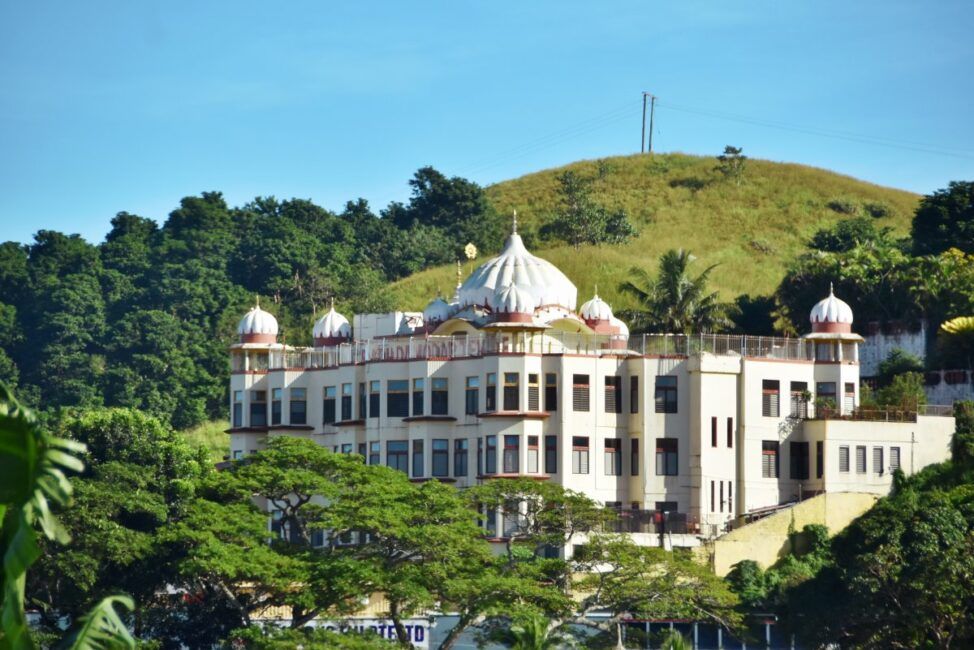
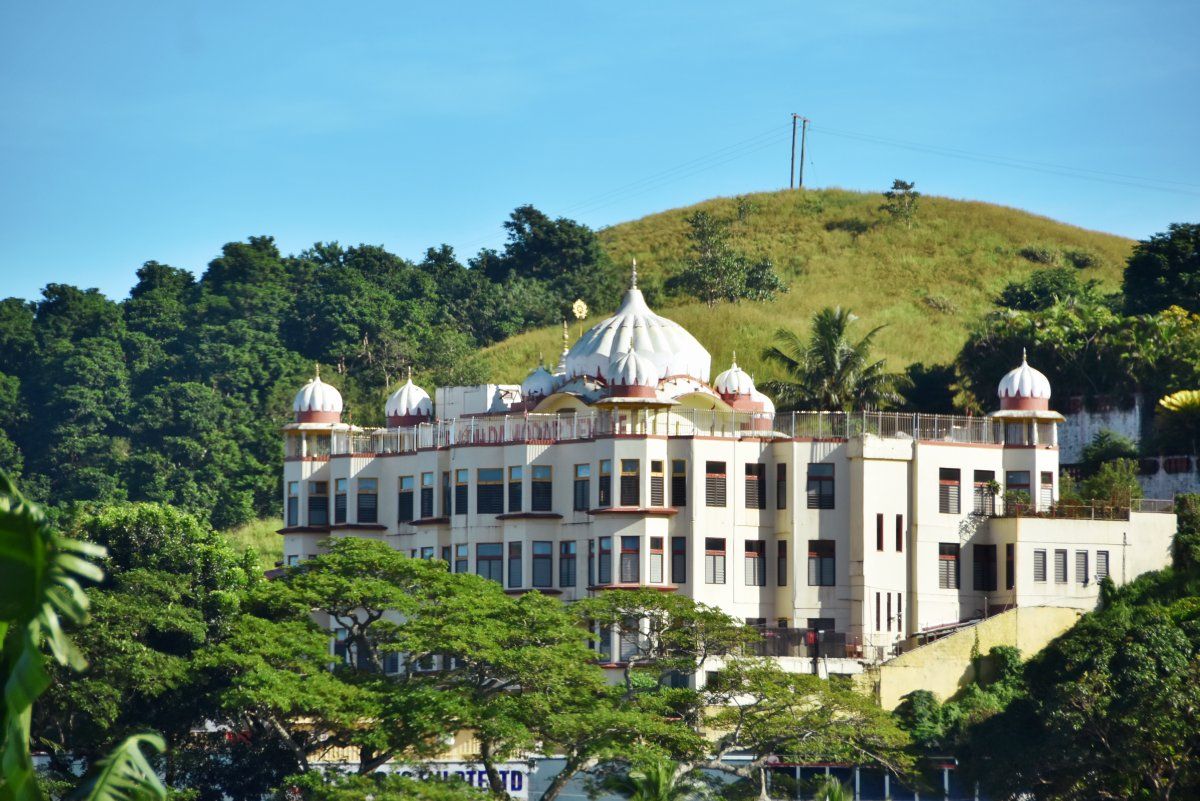




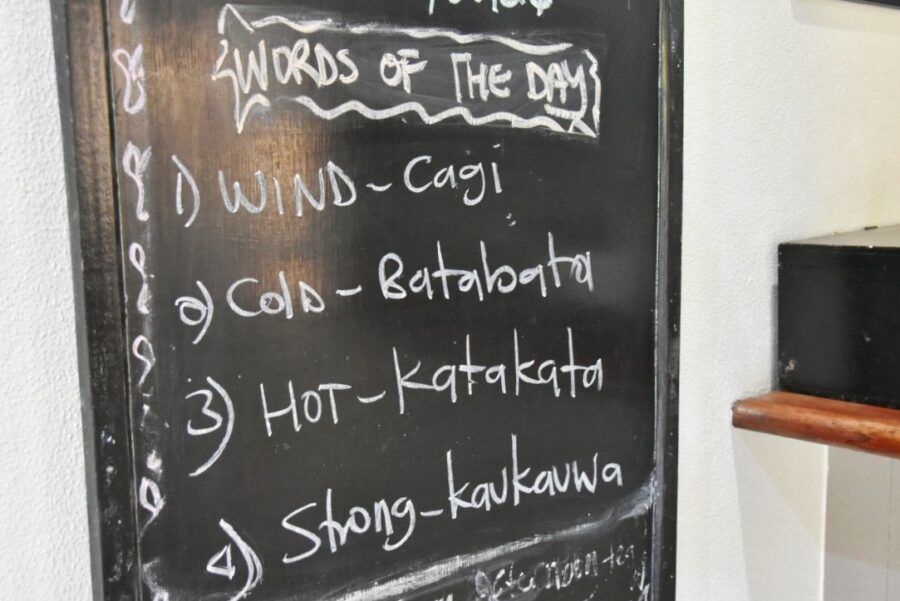
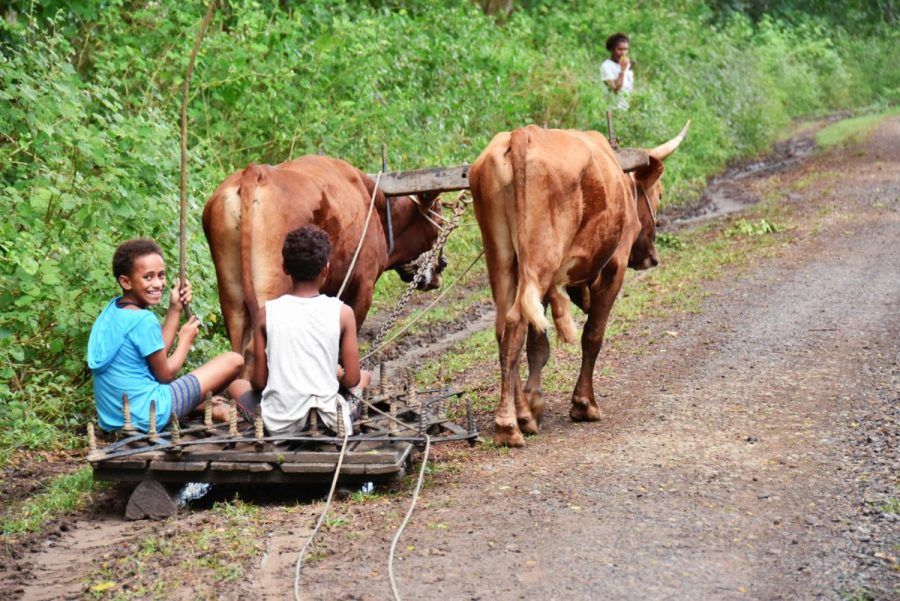
![A Traveller's Guide to the Fiji Cultures 🌺 [2025]](https://fijipocketguide.com/wp-content/uploads/2021/12/Cicia-Lau-Village-School-Children-Meke-CREDIT-Fiji-Pocket-Guide--e1729536240232-900x490.jpg)
